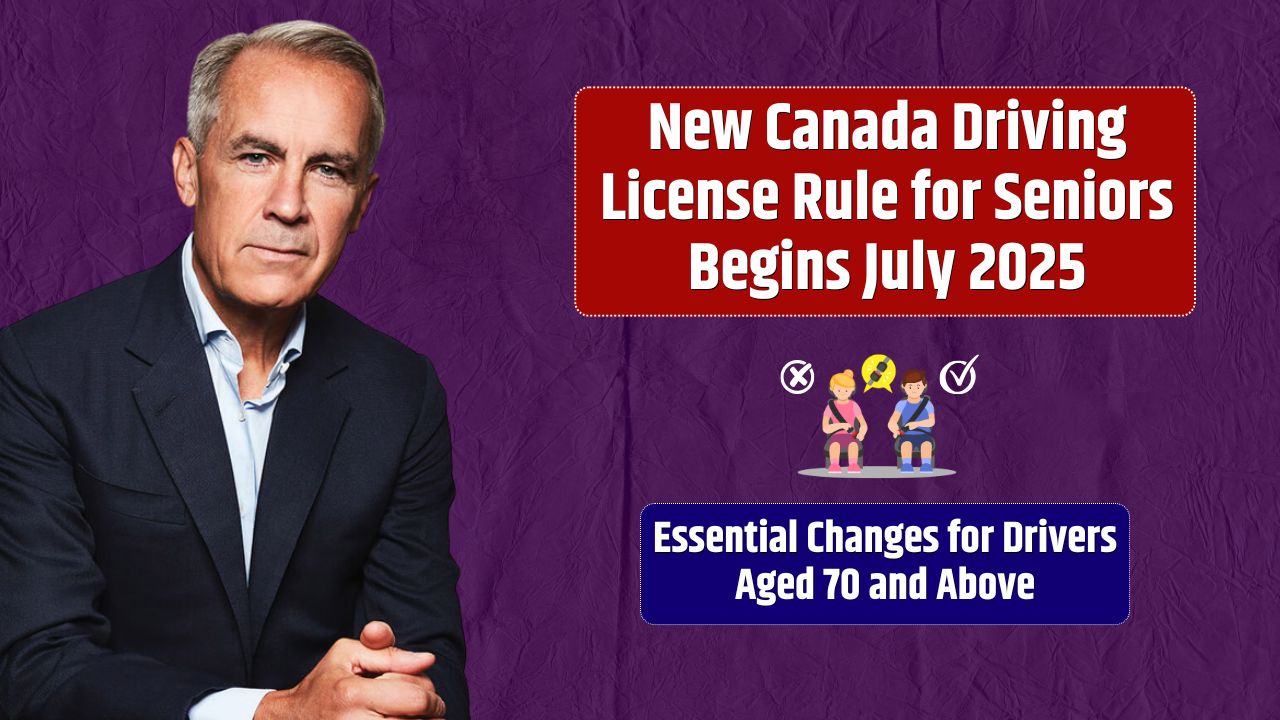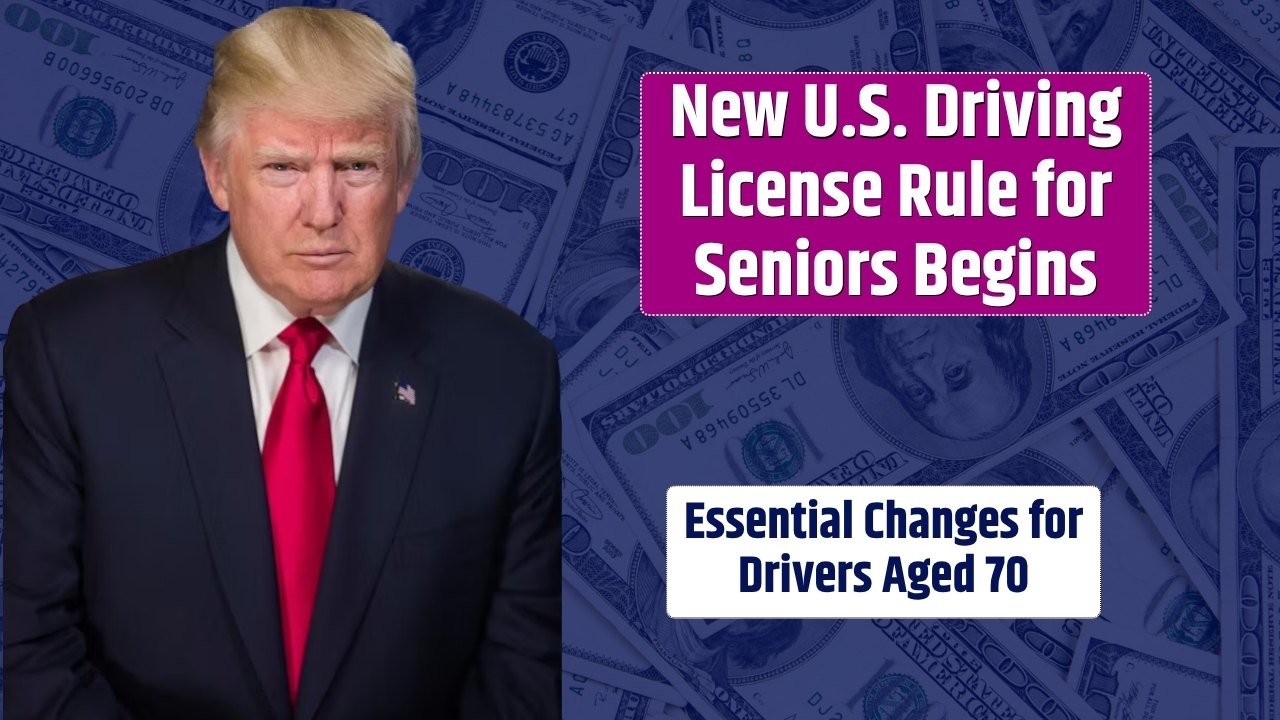Canada is preparing for major updates to its senior driver licensing rules starting in July 2025. While many headlines and online posts claim these changes are federally mandated, the truth is more nuanced. Here’s a breakdown of what’s actually happening, how it might affect older drivers, and what Canadian seniors need to know moving forward.
Table of Contents
What’s Changing for Senior Drivers in Canada?
Driver licensing in Canada is handled by provincial and territorial governments—not the federal government. However, due to rising concerns about road safety and an aging population, provinces are coordinating to standardize certain driving requirements for people aged 70 and older.
These changes are not federally mandated, but all provinces and territories are expected to implement a consistent set of guidelines over time. Core updates include:
- Mandatory medical exams starting at age 70
- Vision and cognitive screening
- In-person license renewals instead of automatic renewals by mail
Each province will still manage its own implementation timelines and specific rules, such as whether drivers need refresher courses or additional testing.
Why Are These Changes Being Considered?
The population of older drivers in Canada is steadily growing. Many seniors are safe drivers, but natural aging can bring changes that affect driving skills—like reduced vision, slower reflexes, and cognitive decline.
The updates aim to:
| Objective | Purpose |
|---|---|
| Improve road safety | Identify health risks that could impair safe driving |
| Maintain senior independence | Offer alternatives to outright license loss |
| Standardize requirements | Reduce confusion across provinces and territories |
This approach is designed to strike a balance between protecting public safety and respecting the mobility of aging Canadians.
What Will the Medical Exam Include?
Seniors won’t automatically lose their licenses at 70. Instead, the medical exam serves as a tool to identify potential concerns early.
Doctors will evaluate:
- General health status
- Vision clarity and range
- Cognitive functions like memory and decision-making
If a concern arises, a senior may be asked to take a more comprehensive driving evaluation. In some cases, license restrictions (such as no night driving) may be issued instead of a full suspension.
Concerns About Affordability and Fairness
One major concern is cost. Medical exams and follow-up assessments can be expensive—and many seniors are on fixed incomes. As of now, it’s unclear whether provincial health plans will fully cover these exams.
There’s also debate about whether these rules unfairly target seniors based on age. Some citizens have even suggested that this could violate the Canadian Human Rights Act, which prohibits discrimination based on age or disability unless justified for safety or legal compliance.
Will Seniors Lose Independence?
Not necessarily. Governments are aware that taking away a license can isolate older adults. That’s why provinces are expected to roll out:
- Transportation support programs
- Subsidized ride services for seniors
- Local mobility options like shuttle buses
These initiatives aim to ensure seniors can still access healthcare, groceries, and social events—even if their driving privileges change.
How Can Seniors Prepare?
Seniors nearing age 70 can take proactive steps to ensure continued driving eligibility:
- Schedule regular vision and hearing tests
- Talk to a doctor about medications that might affect driving
- Stay mentally and physically active
- Consider taking a senior driving refresher course
Being proactive can make the renewal process smoother and improve driving confidence.
The idea of a national senior driving law taking effect in July 2025 is unconfirmed. While no federal mandate exists, provinces are aligning their standards to better address the needs and risks of aging drivers. Although these updates may raise questions about cost and fairness, they also provide an opportunity to ensure safety without sacrificing independence.
FAQs
Is there a federal law requiring medical exams at 70?
No. Licensing is handled at the provincial level, though provinces are adopting similar requirements.
Will all provinces require the same tests?
Most will implement similar medical and cognitive assessments, but some details—like training requirements—may vary.
Can I lose my license just for turning 70?
No. The focus is on driving ability, not age.
Will the government cover the cost of medical exams?
That depends on your province and your health coverage. Some may subsidize costs, others may not.
Can these rules be challenged legally?
Possibly. Some believe they could violate age discrimination protections, but no major legal actions have been confirmed yet.














